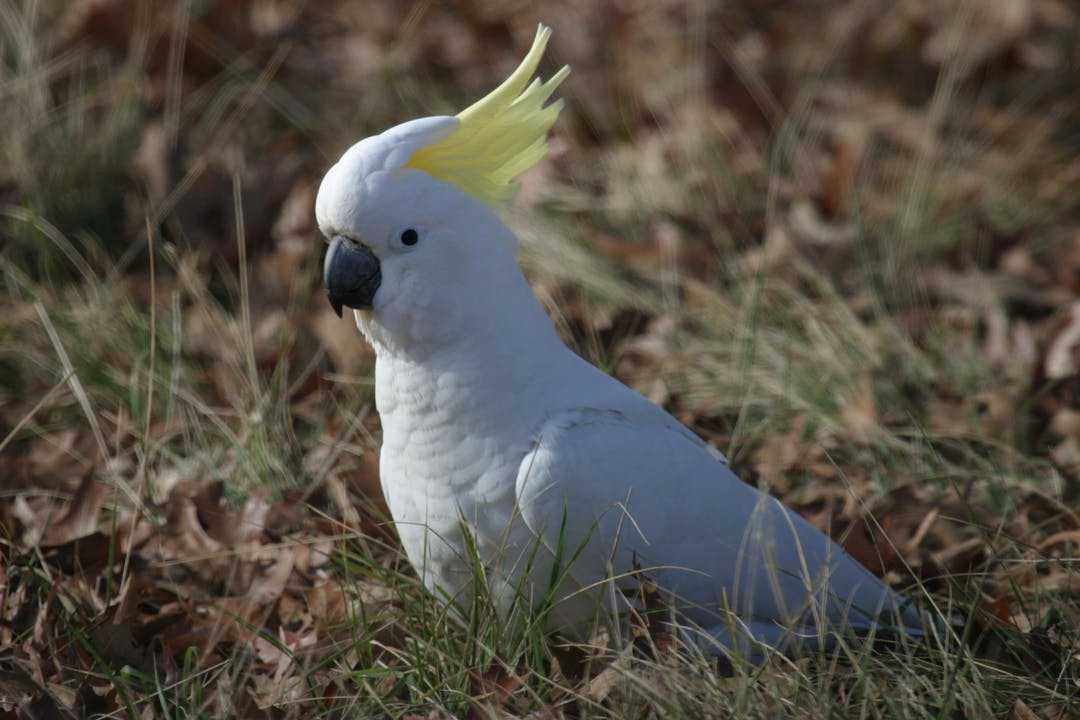WA Pest Parrot and Cockatoo Management Strategy

Pest parrots and cockatoos are known to cause extensive damage in both rural and urban areas in Western Australia. Because of this, several species are declared pests (simply referred to as pests below) and subject to active management control. Once a species of parrot or cockatoo has been officially declared as a pest all landholders are required to control them on the land they manage.
The Department of Primary Industries and Regional Development (DPIRD) is developing a Pest Parrot and Cockatoo Management Strategy for Western Australia, to help guide stakeholders in the effective management of pest birds.
Pest parrots and cockatoos compete with native bird species and can cause substantial damage to crops and infrastructure. Several species of parrots and cockatoos are declared pests under the Biosecurity and Agriculture Management Act 2007 (BAM Act) and are subject to control measures.
To assist the development of the WA Pest and Cockatoo Strategy, we are seeking input from all stakeholders and the WA community to provide an understanding of experiences with pest birds and expectations regarding future control efforts throughout WA.
An important part of this work is a survey of public attitudes to the control of birds as pests, in particular declared pest parrots and cockatoos.
Birds of interest in the survey include: Rainbow lorikeet, Sulphur-crested cockatoo, Indian ringneck parakeet, Alexandrine parakeet, Galah, Western corella and Little corella.
DPIRD works with other agencies and landholders in the coordination of pest management and actively works to prevent exotic incursions into the State.
DPIRD has engaged Strickland Park Economics to assist with the development of the WA pest parrot and cockatoo strategy to guide the future management of these birds.
How to provide feedback
To assist the development of the WA pest parrot and cockatoo strategy, we are seeking input from all stakeholders and the WA community to provide an understanding of experiences with pest birds and expectations regarding future control efforts throughout WA.
To provide feedback, please complete the online survey below.
Please note – you will need to register on YourSay in order to make a submission. If you have previously registered on this site, just log in.
The survey closes on 31 March 2023.
